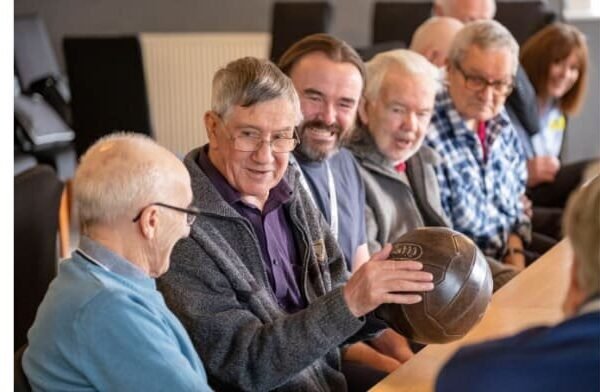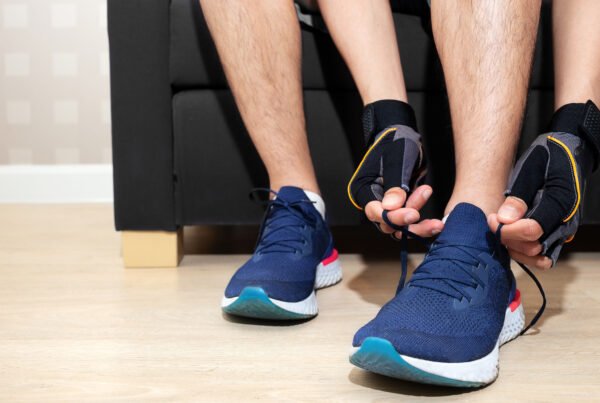Abstract
This qualitative research investigated how Covid-19 has affected people with disabilities, and how the inequalities they normally face when looking at sport and exercise opportunities have been multiplied. The research focused on understanding the effects that shielding and self-isolating have had on people with disabilities (PwD), and to use the findings to contribute to the World Health Organisation’s research roadmap and inform policy decisions.
Methodology
24 participants, from the Greater Glasgow area in Scotland and the Ontario region of Canada, were placed into 6 focus groups. The participants comprised of elite athletes, competitive athletes, recreational participants and staff from disability sport organisations. Participants were provided with a questionnaire, asked about their exercise levels prior to Covid-19 lockdown, how the lockdown has impacted on their exercise levels, and what has helped in allowing the participants to exercise at home. The questions also focussed on how the participants been affected socially, economically and culturally by the lockdown, and how they were feeling about the upcoming reduction of restrictions. Each focus group was recorded and transcribed by the research team. It was then analysed by two independent members of the research team using a thematic analysis to identify key themes.
Key Findings
Four key themes were identified following from the discussions with the focus groups; Creativity, Mental Well-Being, Safety, and the exacerbation of Disablement. The qualitative research showed that the Covid-19 restrictions have been the cause of many different stresses and strains on the lives of PwD. However, the participants also showed significant resilience, as the majority have attempted to make the best out of the situation and found ways to adapt to new ways of working, socialising and exercising during the current pandemic. A number of the participants were beginning to feel the differences between training at home and at their normal location, and many were apprehensive of the easing of restrictions, due to safety worries.
Interpretation
This research has successfully been able to identify and show some of the increased barriers and difficulties that people with disabilities are now facing due to Covid-19 and the restrictions. The findings have shown that PwD have increased feelings of concern for their safety when they are out of their own houses. Due to restrictions they are forced to perform physical activity at home or out in public spaces, and this was shown to causes the PwD to feel unsafe. A number of PwD are also unable to work out at home due to not having the equipment they require to allow them to exercise. In addition, the lack of hygienic accessible restrooms proved another safety concern for the participants. It was also mentioned in the discussions, that a number of the PwD had felt that due to the restrictions, their disabilities had become worse. Some PwD were unable to wear masks, as they severely restricted their mobility, and number of the participants also found they had to increasingly accommodate people without disabilities, and move further away from people, or wait until lifts were empty and this made them feel even more at risk. Both the inability to exercise and be involved in physical activity in a safe way, and being unable to safely go about in public have had a significantly negative effect on the mental well-being of PwD.
It has not been all negative for people with disabilities. Many participants of the research spoke of how they have had a change of mindset to find the positives coming out of lockdown and restrictions. PwD have strived to overcome the challenges of lockdown, and found that while staying in contact with people socially had been a struggle prior to covid-19, the normalisation of meeting over the internet has allowed participants to feel more connected and in some cases, use the internet to partake in physical activity together. This was not the case with every participant, as due to poor internet signals, some felt even more isolated than pre-covid.
This research has been invaluable in finding out how people with disabilities have been effected by covid-19. It is now urgent that we aim to increase the understanding on how to support PwD, whether they are struggling due to lack of availability to exercise, difficulties with mental well-being, or if they are worried about their safety when returning to normality.




